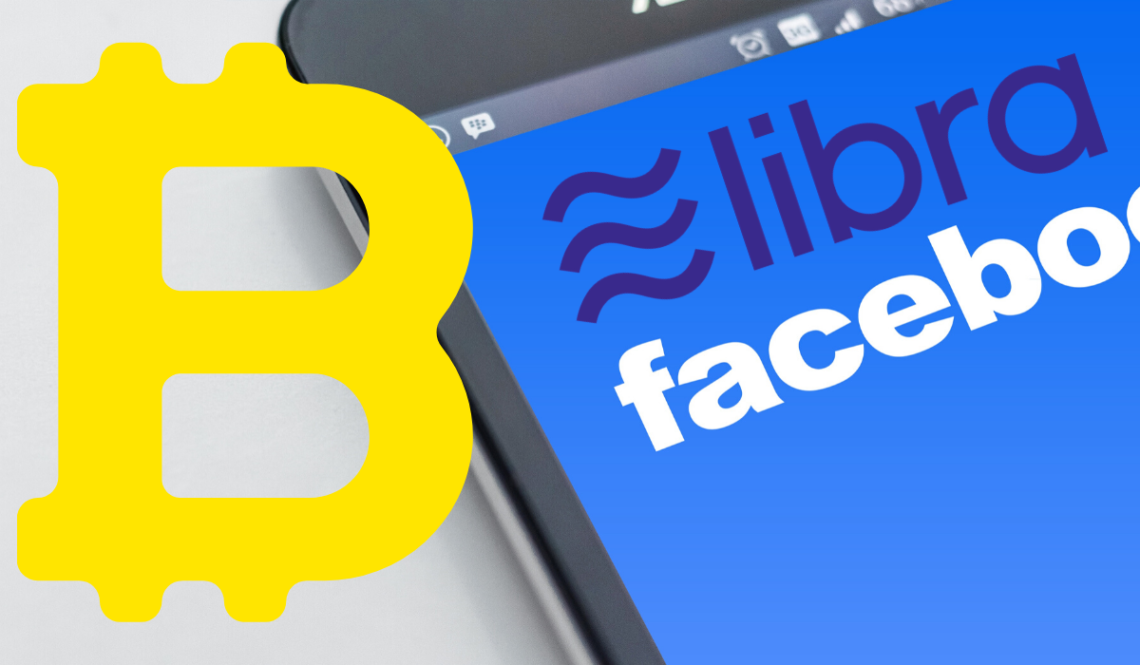Highlights
- Facebook’s Libra faced backlash just after it announced its digital currency in June 2019. To pacify regulators and governments, its white paper has undergone an update.
- People are more likely to vent their hopes in Libra, a service established by a social-media giant firm than decentralized crypto.
- The question prevails if risks associated with Libra’s submission to regulators will make them take a hard stance on crypto assets and public blockchains.
Facebook’s Libra faced backlash just after it announced its digital currency in June 2019. To pacify regulators and governments, its white paper has undergone an update.
It is worth bringing to notice that the updated Libra does not intend to move to a permissionless ledger. It also brings in a range of stable coins held to single national fiat currency.
However, the question remains as to what effect it will have on the crypto assets and the blockchain industry. Although it might change the attitude of regulators towards it. Nevertheless, the scenario here seems to be miscellaneous. Although Libra will contribute to the crypto adoption, it might still enter into a competitive edge with Bitcoin (BTC) and Ethereum (ETH). This can lead the governments to change their stance towards these assets.
What does the Libra’s updated white paper say?
Facebook Libra’s initial intention after it unveiled last June was to be backed by different currencies and government debt too. This posed a greater concern amongst regulators and central banks about it destabilizing monetary policy, and enabling money laundering. Also, paving the way to user privacy threats.
However, its updated white paper seems compromising concerning regulators. It specifically emphasizes its compliance with all applicable regulations of AML (anti-money laundering) and KYC (know your customer).
Lex Sokolin, co-head of ConsenSys’ global fintech states that the Libra coin will act as a basket of all the underlying central bank digital currencies. In other words, it signifies that there will exist a digital dollar or a digital euro running on the Libra blockchain network. His opinion is Libra bringing in fiat-backed stable coins signifies that it is not wanting to be a direct competitor to BTC or ETH.
Easier for people to trust a giant tech firm’s Libra than decentralized crypto like Bitcoin
On the other hand, for other enterprises, Libra’s stablecoins may enter into competition with other crypto assets. This is as the people may imbibe their trust more on Facebook than a decentralized network.
Glen Goodman, the author of The Crypto Trader elucidates that the levels of trust public have in decentralized cryptocurrencies are relatively low.
The latest research from The Economist Intelligence Unit also points out that people are more likely to vent their hopes in Libra. Because it is easier to rely on a service established by a Facebook, social-media giant firm than decentralized crypto.
With the existence of fear that Libra can steal Bitcoins Adoption, Gary McFarlane, Interactive Investors have a contrasting opinion. He believes Libra’s restricted nature will pave the way for people to trust genuinely decentralized cryptocurrencies. He concludes that Bitcoin will be an inheritor as Libra might lift other crypto boats.
Libra will serve as a digital platform for other services to be built upon
The new Libra has given up its plan to move to a permissionless and an open system. It has rather opted to remain a private and a permission database. Nonetheless, Goodman thinks it will motivate digital money services to emerge, some of which involve actual blockchains and crypto-assets.
He further adds that although Libra has a lot of drawbacks, it will serve a digital platform for other services to be built upon. Rules will be directly executed by the Libra network, allowing people to make required agreements with the set rules.
Lex Sokolin agrees that Libra’s allowance for additional services will be integrated with or built upon it. However, he suggests that few notching problems might still exist before it fully gets off the ground. Sokolin also brings to notice that Libra’s technical implementation mimics the majority of ideas from Ethereum and other similar blockchains. Hence, interoperability can emerge down the line. And this will prove a great chance to drive the public towards blockchains and crypto.
Libra can influence people to turn towards decentralized cryptocurrencies
The question prevails if risks associated with Libra’s submission to regulators will make them take a hard stance on crypto assets and public blockchains. Glen states that there exists a danger as national authorities can clamp down on the cryptocurrencies like Bitcoin if an alternative like Libra exists.
Regardless, Lex Sokolin thinks that governments were already taking a harder stance much before Libra.
All this put together means that Libra will not face much negative influence. Although it isn’t fully a cryptocurrency or a blockchain, it ultimately might contribute to wider blockchain development. Besides, it might influence people to turn towards decentralized cryptocurrencies.


 Home
Home News
News










